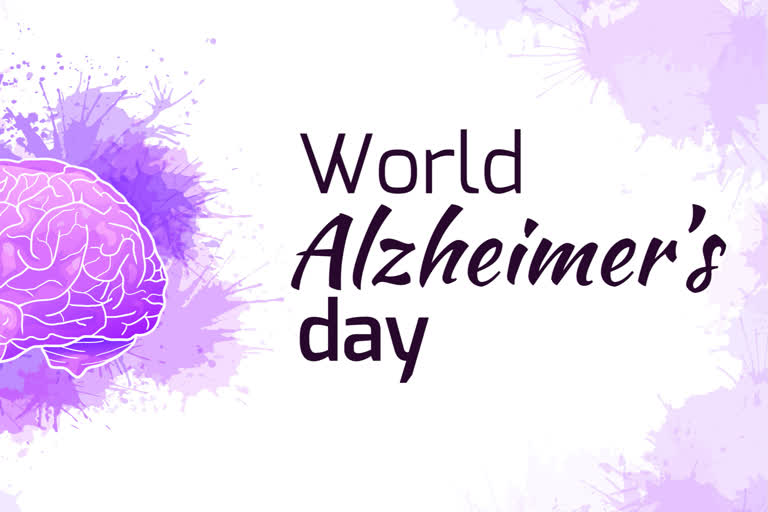According to the World Health Organisation (WHO), Worldwide, around 50 million people have dementia, and there are nearly 10 million new cases every year. Alzheimer's disease is the most common form of dementia and may contribute to 60–70% of cases. But what exactly is this disease?
What Is Alzheimer’s?
Alzheimer's is the most common type of dementia, where the functions of the brain can be severely affected. The Centers for Disease Control and Prevention (CDC) defines Alzheimer's as a progressive disease beginning with mild memory loss possibly leading to loss of the ability to carry on a conversation and respond to the environment. It involves parts of the brain that control thought, memory, and language and can seriously affect a person’s ability to carry out daily activities.
Risk Factors
Research is still going on to understand the diseases even better since the exact cause of this disease is still unknown. However, as of what all is known till date, here are some of the possible risk factors as stated by the Alzheimer’s Association of India, that may affect a person:
- Age: Advancing age is the greatest risk factor for developing Alzheimer’s disease.
- Family Members with Alzheimer’s: If your parent or sibling develops Alzheimer’s, you are more likely to develop the disease than someone who does not have a first-degree relative with Alzheimer’s.
- Genetics: Researchers have identified several gene variants that increase the chance of developing Alzheimer’s disease.
- Mild Cognitive Impairment (MCI): Having MCI, particularly MCI that involves memory problems, increases the risk of developing Alzheimer’s and other dementias.
- Cardiovascular Disease: Research suggests that brain health is closely related to heart and blood vessel health. The brain gets the oxygen and nutrients needed to function normally from blood, and the heart is responsible for pumping blood to the brain.
- Education and Alzheimer’s: Studies have linked fewer years of formal education with an increased risk of Alzheimer’s and other dementias.
- Traumatic Brain Injury: Individuals who sustain repeated brain injuries, such as athletes and those in combat, are also at a higher risk of developing dementia and impairment of thinking skills.
Signs And Symptoms
The onset of symptoms of this disease is usually delayed and may not be easy to diagnose at an early stage. The WHO has categorized the signs and symptoms of dementia into 3 stages, which are as follows:
